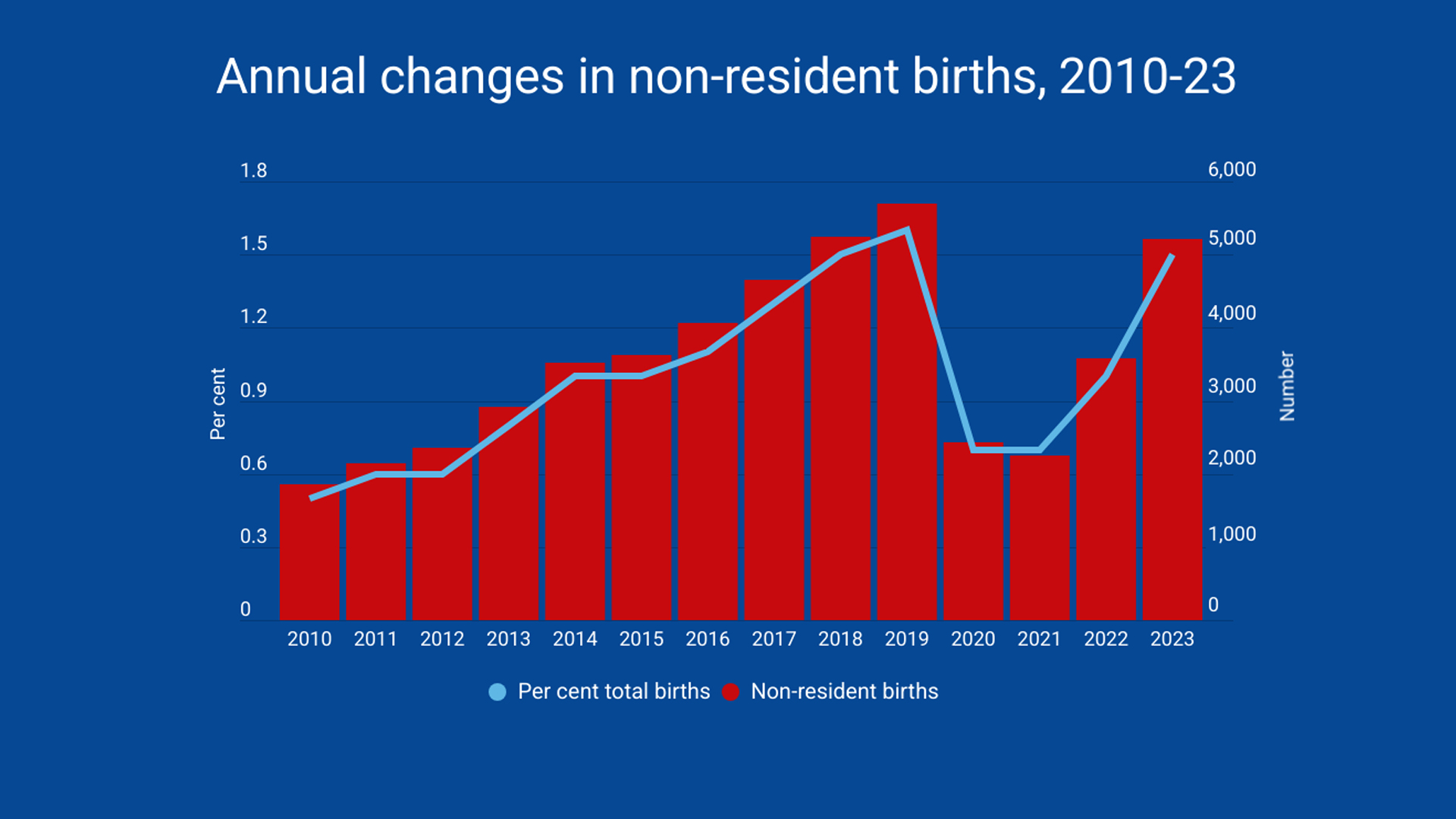
When the COVID-19 pandemic swept across Canada beginning in March 2020, a common thread brought cities and communities everywhere together: they turned to governments to guide the way forward, keep us safe and seek a remedy.
It was a (thankfully) rare moment in our society brought on by a common existential threat. The unintended consequence was that it also brought us together in support of the common good behind our elected leaders.
Before and since then, our trust in government and politicians has been eroding.
The consequences go deeper than just fostering a political climate characterized by increasing vitriol and distrust. It is also harming us.
In fact, not only is our distrust in government undermining our health and wellbeing, it does so in ways that most of us, including public health researchers and policymakers, dangerously fail to recognize.
To prepare for the next public health crisis, Canadian policymakers must go beyond epidemiological questions to predict where and when. Recognizing the vital role trust in government plays in following public health measures, policymakers must also take steps to revitalize trust in our elected politicians and our unelected public servants at all levels of our federal, provincial, and municipal governments.
Citizens have a key role to discourage the toxic blame-game narratives between elected politicians and expert public servants, which ultimately weakens the public trust.
Sick of politics: Canadians’ declining trust in government
If there’s one thing that defines contemporary Canadian politics, it’s that we’re sick of it. Voter turnout, long seen by political scientists as the gold standard to measure citizen engagement, has been on a steady downward trend since the 1980s (Figure 1).
Likewise, Canadians’ trust in government has also declined over the last 50 years.
Survey data collected at the last federal election shows a grim picture: when Canadians were asked how much confidence they had in the federal government, almost one in five (18 per cent) said they had “no confidence whatsoever”, while another 38 per cent said they had “not very much”.
Canadians’ trust in their provincial governments is similarly low.
Meanwhile, trust in the public service is notably, and importantly, much higher.
Why trust matters
Democracy requires an engaged citizenry. Social scientists, international organizations such as the OECD and non-profits such as Apathy is Boring have voiced concerns about the health of our democracy in the face of declining trust in government.
Following the COVID-19 pandemic, public health researchers observed that people’s trust in government played an important role in shaping public health behaviour, including respecting public health measures and getting vaccinated. Quite simply, if we don’t trust the people who occupy our political institutions, why should we listen to them during a crisis?
Where trust and public health meet
In Canada, government is anything but one-dimensional. Rather, one of the great – if often misunderstood – strengths of our system is that “government” involves both elected politicians and unelected, non-partisan public servants.
Distinguishing between political and administrative public officials matters because politicians and public servants have very different roles – and goals.
Specifically, their respective levels of subject area expertise and length of their respective tenures can be at opposite ends of the spectrum. While public servants are often appointed for their knowledge and expertise (e.g., public health), politicians tend to focus on a shorter horizon dictated by a democratic election cycle.
As a result, and perhaps not surprisingly, Canadians tend to trust non-partisan expert public servants more than popularly elected politicians.
Politician or public servant?
Survey data from Statistics Canada collected in 2020 helps paint a picture of public trust in civil servants and elected politicians in all three levels of government. Not surprisingly, such distinctions do matter when it comes to people’s behaviour and willingness to comply with public health measures.
In short, Canadians trust public health officials more than politicians. Even when citizens have increased levels of trust for politicians, there is no association with their intention to follow public health measures.
Meanwhile, figures 3 and 4 show that a higher degree of trust in public health officials is associated with both a higher intention to respect public health measures – such as distancing or wearing a mask – and a lower level of hesitancy toward COVID-19 vaccines.
Public health requires revitalizing trust in government
Policymakers need to recognize not only that trust plays an essential role in public health, but that the overall level of trust Canadians have in public institutions is worryingly low.
The ability for policymakers to overcome the next public health crisis will not only depend on our ability to produce and distribute vaccines, antigen tests and face masks. Such efforts are useless if Canadians don’t have sufficient trust in their elected representatives.
Concurrently, politicians must commit to protecting the reputation of public servants. This requires resisting the temptation of using public health authorities as scapegoats, as we have witnessed at both the provincial and federal level.
Such blame games are not only sickening to watch and contribute to public cynicism, but they undermine the ability of health authorities to do their job. Voters have more influence than they sometimes realize. As we head into an upcoming federal election cycle, citizens have the opportunity to demand a more respectful discourse from candidates seeking public office.
By doing so, we can begin to revitalize not only our trust in politicians but reinforce the capacity of public health to keep us well in a future crisis we hope never comes.









